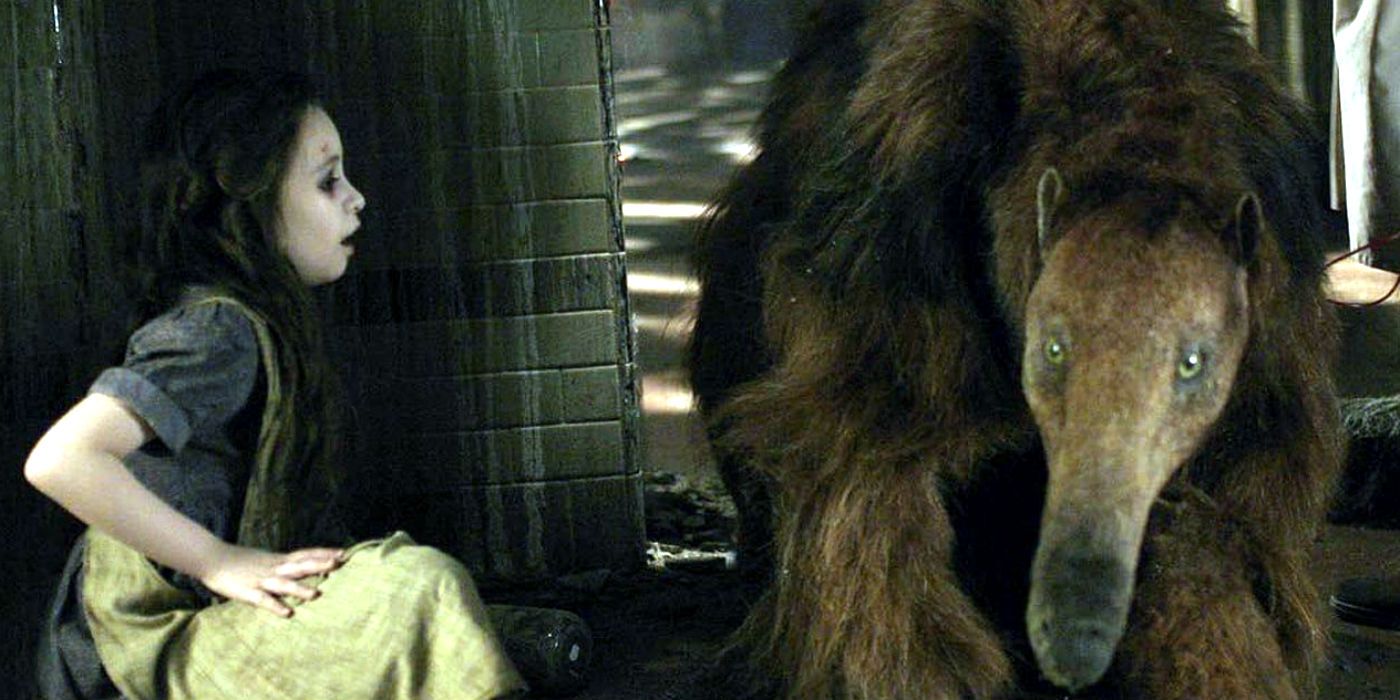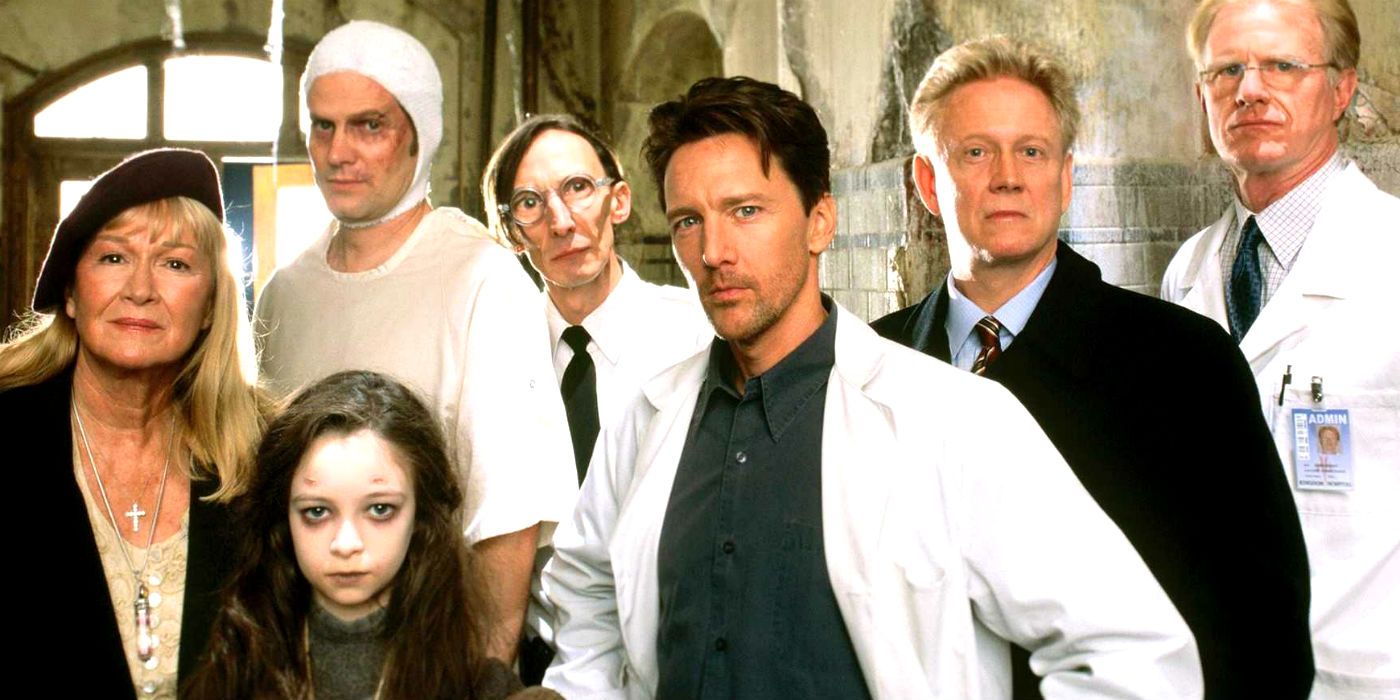Kingdom Hospital was an underrated mini-series from 2004 that would have undoubtedly been a hit in the modern horror television space.
Green-lit by ABC, Kingdom Hospital was a cutting-edge drama that didn't shy away from its supernatural and horror roots. Like most of King's other work, it was full of allegory, hidden messages, and deeper meanings. The slow-burn atmosphere of the series is a storytelling method that has worked in other series such as Castle Rock and Lost. Kingdom Hospital leaned more on character building and intelligent, thought-provoking plots over cheap jump scares and far-fetched soap opera story arcs. The show also featured an underlying cultural and sociopolitical message that would be even more appropriate in today's world.
Directed by Craig R. Baxley, who was responsible for bringing Stephen King's Storm of the Century and Rose Red to television mini-series form as well, Kingdom Hospital was only thirteen episodes, but had the trajectory to go further. It may not seem conceptually new by today's standards, but would have likely been a huge success if it would have just aired a few years later.
Kingdom Hospital Belonged In King's Universe (But Wasn't)
After his abject failure with The Shining miniseries, King's smartest decision surrounding the creation of Kingdom Hospital was his choice to adapt someone else's work. There were plenty of stories in his own body of work that were certainly ripe for the picking, but as King has a tendency to take his work too literally in on-screen adaptations, resulting in material that's difficult to digest, he found inspiration elsewhere. Lars Von Trier, who is now famous for numerous films, but infamous for extreme horror films like Antichrist and The House That Jack Built, created The Kingdom in 1994. The Kingdom was a five-part Danish television miniseries that got fantastic reviews from Danish critics. King discovered it in a video store during the making of his miniseries of The Shining and wanted to adapt it for American television. Notably, this was the first time he'd ever tried to adapt another writer's material. King struggled to obtain the rights, as Columbia Pictures had purchased them, but he hit a lucky break when Columbia worried they wouldn't be able to condense down such a rich storyline in a two-hour film and sold King the rights in exchange for the rights to King's own Secret Window, Secret Garden, which was a novella out of his critically acclaimed book, Four Past Midnight. Columbia turned King's novella into Secret Window in 2004, which starred Johnny Depp. King went on to make Kingdom Hospital the same year.
The series explored the fictional Kingdom Hospital in the town of Lewiston, Maine. The hospital was erected on the site of what had been a former manufacturing company that made uniforms during the Civil War. Before "New Kingdom", when the series takes place, there was another hospital known as "Old Kingdom", which burnt down. The first episode follows Peter Rickman, an artist who gets hit by a bus and is admitted to Kingdom Hospital which, given the severity of his injuries, could be a very long stay. After Rickman comes to, he becomes the vehicle for which the audiences meets the living staff as well as the numerous ghosts and other supernatural entities that inhabit the space. The mystery of their fate, as well as the hospital's greater purpose, is the central focus of the show. On its own, Kingdom Hospital reads like a standalone piece of something larger as fans have grown accustomed to with American Horror Story where the setting and plot changes, but remains connected. As a singular piece, it could have easily been carried through multiple seasons, but after a highly watched and rated first episode, it saw significant decline. Waning interest ultimately led to the series being put on hold and canceled despite King having drafted out a second season.


